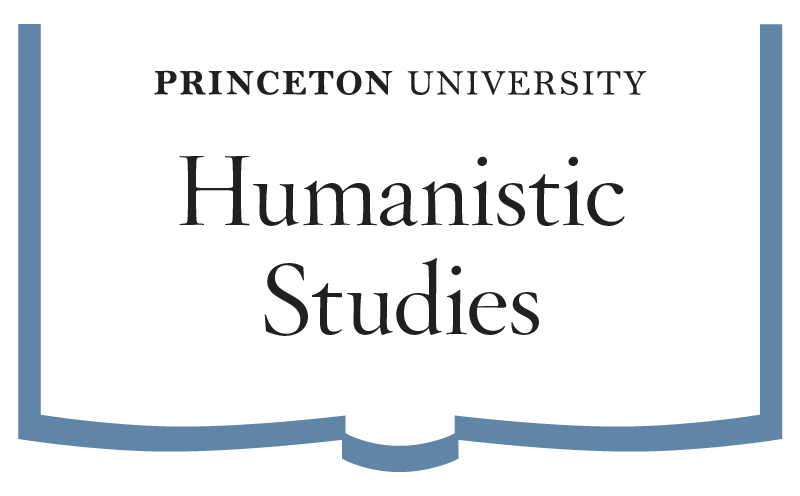HUM 302 explores illness, health, and the body using storytelling as an entry point. It examines how science, subjectivity, and social difference — race, class, gender, and sexuality — are articulated on a global scale. The 1920s construction of the New Soviet Man resonates with histories of medical discrimination in the US; early Soviet studies on biomechanics and the body-machine illuminate current debates on disability and health disparities; the Russian tradition of the Holy Fool jumpstarts a discussion of neurodiversity. Guest lecturers from across Sciences and Humanities will each teach a class in their own institutional space.












